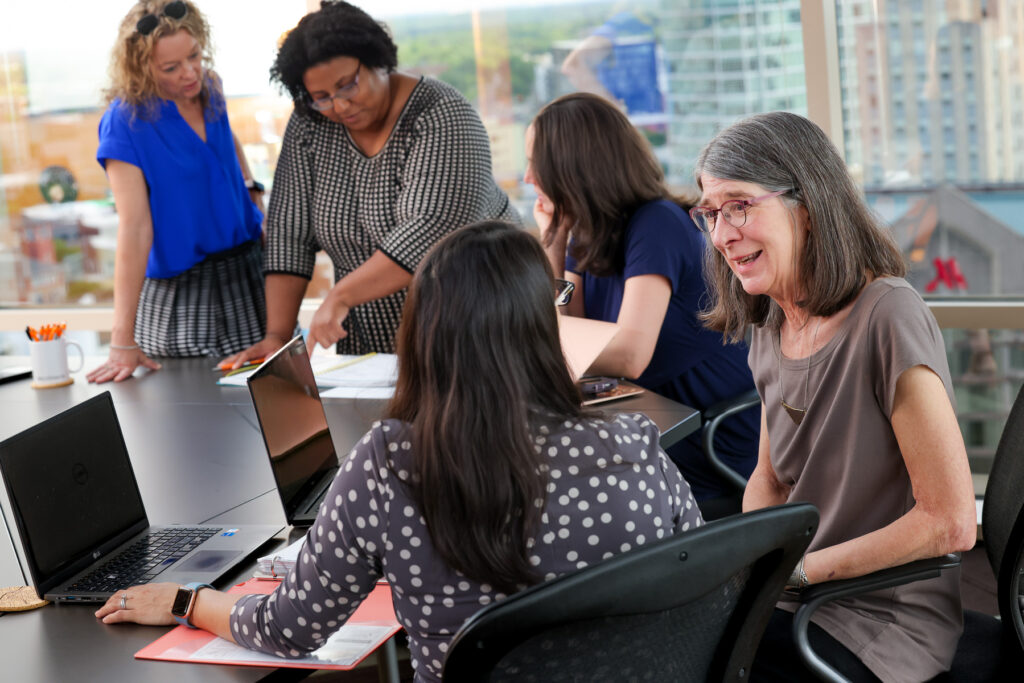Using data from nearly 10,000 attendees from 24 EvalFest science festival expos, the EvalFest team found that, similar to other public science events, the majority of attendees are well-educated and middle-class. Yet, the majority of festival-goers are new each year, indicating that the reach of festivals continues to grow.
Published in the journal Science Communication, this commentary compared the demographics of attendees at 24 festival expos with the 2016 U.S. Census as well as the General Social Survey, which provided data on those who attended a science center in the previous year.
Our results showed that the demographics of festival expo attendees have some similarities with those who visit science centers, and are different from the U.S. population in a number of ways. Women, for example, are over-represented among both festival attendees and science center visitors. In regards to race/ethincity, the portion of festival-goers and science center visitors who identified themselves as Black was similar to census rates, but Hispanic/Latino Americans were underrepresented among both festival-goers and science center visitors. Asians were overrepresented among expo attendees, though they attend science centers at similar rates to those found in the population. Expo attendees were highly educated, with the majority holding a college or graduate degree; these rates were higher then the US population generally and those who attend science centers.
While a definition of middle class in the US is elusive, we relied on the definition of “earning two-thirds to twice the national median household income,” which translates to a median 2016 household income between $39,000 and $118,000 (Pew Research Center). The majority of expo attendees fall within this range. Expo attendees were underrepresented at both the highest and lowest ends of the income scale, compared to both the census and science center data.
For those science festivals who seek to reach new audiences, the fact that nearly two-thirds of festival-goers are new each year is likely a cause for celebration. For those who aim to reach diverse (i.e., different) audiences, the results demonstrate that the strategies being used are not sufficient. In either case, these national results help to paint a broad picture, while local longitudinal results are likely to provide the most meaningful reflection about successes and continued challenges in reaching different audiences.
Nielsen, K., Gathings, M.J., Peterman, K., (2019) New, Not Different: Data-Driven Perspectives on Science Festival Audiences, Science Communication 1-11.




